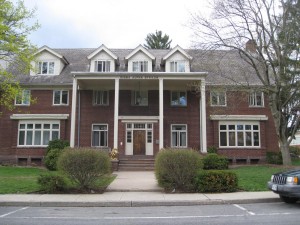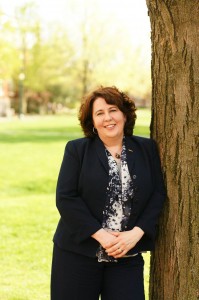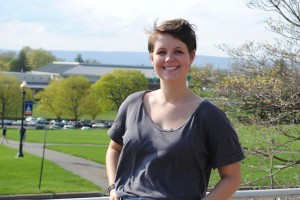By Carleen Boyer
Writer
Projects for Peace, an organization which awards grants to student groups, recently gave grants of $10,000 to two groups on campus: Yehri Wi Cry and Bicycles Against Poverty.
Yehri Wi Cry, which translates from Krio to “Hear Our Cry,” is a project begun by Nadia Sasso ’11, an English and sociology major at the University. The project grew with help from the current Miss Sierra Leone-USA, Marie Mansaray.
The project strives to provide maternal kits to Sierra Leone where low birth rates are be a problem. Because of cultural taboos against hospitals, many natives of the area are unwilling to go to a hospital when giving birth.
Sowande Parkinson ’12, a civil engineer and economics major, has worked with Sasso to develop this project. “We’ve always wanted to do a project that will connect us to our native country,” Sasso said.
The materinal kits contain basic necessities to aid in sanitation and the prevention of the spread of HIV/AIDS.
“We also plan to do a workshop with the aides of the hospital to make sure they know how to use the kits,” Sasso said.
Sasso and Parkinson will travel to Sierra Leone this summer to deliver 1,000 of the birth kits. While there, they will provide training to the aides.
“By June, we’re looking to receive 501-C3 status, which will recognize us as an official non-profit,” Sasso said.
As a non-profit organization, more grants would become available. Various volunteers also help with other aspects of the organization, such as working as a webmaster.
Bicycles Against Poverty, a project launched by a University student in 2008, provides bicycles to Ugandan farmers. Kevin Matthews ’11 and Brian Chiu ’11, two mechanical engineers, have been working to manufacture an additional device for the bicycles.
“The machine that we’re making is a human-powered grain grinder using bicycles because we know that bicycles are available,” Matthews said.
The device is a part of a senior design project, and Chiu and Matthews have been working on this with two other mechanical engineers, Paul Moellers ’11 and Kevin Curran ’11.
“The actual machine is really simple, especially compared to a lot of the other senior design. We had a lot of constraints, such as making it as cheap as possible and being able to make it in Uganda,” Matthews said.
Matthews hopes that the grinder will provide not only an easier method for grain grinding, but also the ability to support a local machine shop. This would help to create a sustainable small business.
“The main premise is a partnership with BAP and Gyda, and what they do is they train youth in the city with technical skills to help them get a job. Gyda will make it and BAP will help distribute it in the village,” Matthews said.
In addition to the grain grinder, two other devices that can be used with the bicycles have been in production: a bicycle taxi and a bicycle cart.
The carts attach to the back of the bicycles, allowing a greater carrying capacity. Chemical engineer Tom Bollinger ’14 is working on the cart.
“The whole point of it is low cost and high-use technology. The carts reduce trips from five to six trips per day to about one,” Bollinger said.
The location provides additional constraints and challenges.
“We’re not sure how everything will turn it. When we get over there, we know we’ll be faced with things that we don’t expect, so we have to be flexible with both the design and how we’re going to implement the project,” Matthews said.



